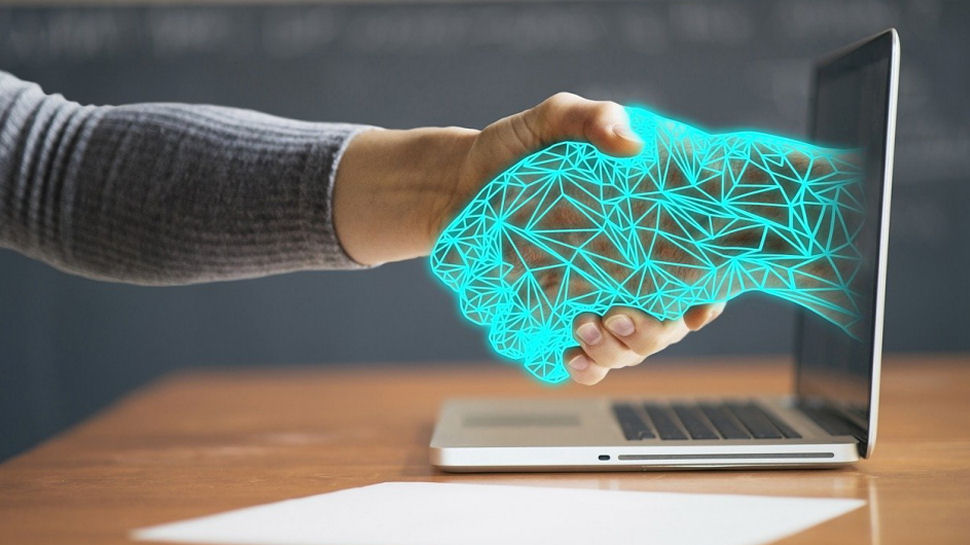Brain rot is usually associated with endless doom scrolling of low-quality online content, but a new Microsoft Research study suggests that overusing AI might be causing âthe deterioration of cognitive faculties.â Oh no.
Performed in collaboration with Carnegie Mellon University, the study â titled The Impact of Generative AI on Critical Thinking: Self-Reported Reductions in Cognitive Effort and Confidence Effects From a Survey of Knowledge Workers â asked 319 participants who use âGenAI tools at work at least once per weekâ (such as Gemini, ChatGPT, CoPilot) to judge how AI usage at work was affecting their critical thinking skills.
It found that âwhile GenAI can improve worker efficiency, it can inhibit critical engagement with work and can potentially lead to long-term overreliance on the tool and diminished skill for independent problem-solving.â The study added that people’s jobs are becoming less about solving problems and more about making sure the AI has correctly solved the problem â morphing our work from âtask execution to task stewardshipâ â which led people to feel like their ability to think critically isnât as sharp as it was before they started using AI.
Is it time to panic? Not quite yet

Seeing the headlines and reading the study it can feel like itâs time to pull the big AI lever and shut it all down for good in order to save our brains from being irreparably damaged by a tool that may be hurting us more than itâs helping us. But while the study certainly highlights challenges we desperately need to tackle in the AI space â ultimately the relationship between humans and AI we should be cultivating â itâs not quite as dire as it seems.
Thatâs because the study focuses on how AI users perceive AI usage is affecting their critical thinking. While the study uses a survey to quantify these feelings it comes down to how people feel and, more importantly, it doesnât create a true quantitative comparison between frequent AI users and people who never or rarely use the AI.
While people who use AI a lot may feel theyâre less capable of critical thinking it could be that because theyâre not as distracted by less difficult tasks they can more easily tackle challenging ones thanks to AIâs help â or it could be thereâs been no change in their critical thinking skills. But to measure actual changes in critical thinking weâd need a study with quantitative tests that compare different groups’ ability (groups decided based on their AI usage) to complete tasks â including a control who never uses AI for work.
Until we have that kind of study itâs impossible to judge if AI really is making us dumber. However, that doesnât mean we should just dismiss this Microsoft research.

Firstly, using this study as inspiration for a more quantitative study like the one Iâve described would be a fantastic next step. Secondly, while the participants’ feelings may or may not represent factual reality, they represent reality for the people in this study â and they shouldnât be dismissed.
If people feel like theyâre simply AI stewards rather than performing meaningful work that could lead to dissatisfaction in their job. Some psychologists believe dissatisfaction with how we spend our time scrolling is the root cause of the social media brain rot experience (via the BBC). A similar sense of meaninglessness could be causing AI usersâ similar brain deterioration feelings at work.
With AI becoming more prevalent weâll need to work out how best to fight back feelings of deterioration, but a good first step will always be some self-care. Be that finding a new job that stimulates us, taking up a hobby that we can devote our freed-up brain power towards, or some other strategy that works best for you.
You might also like
- Why is AI in everything these days?
- OpenAI’s ChatGPT Super Bowl ad was created entirely by humans
- Sam Altman says AI is progressing faster than Mooreâs law as he predicts AGI is âcoming into viewâ, and it’s leaving me worried about the future